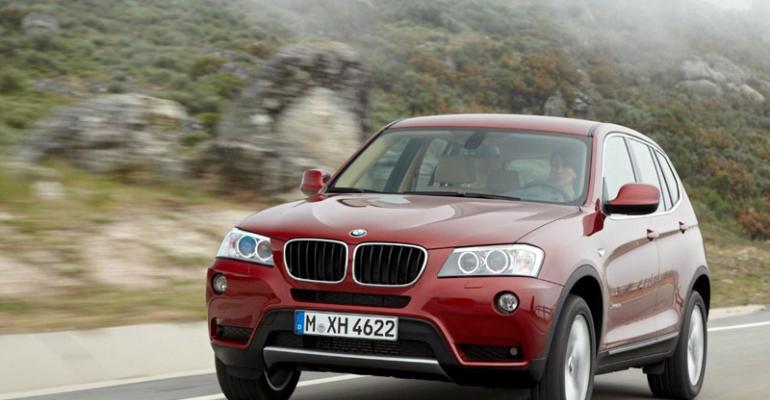MOSCOW – Russian auto maker Avtotor is partnering with Canadian auto-parts maker Magna to establish a manufacturing complex that includes a cluster of plants that will make cars and components in the Kaliningrad region, the center of Russian vehicle production.
Total capacity for the multi-production facility, which will be managed by the two companies, is expected to reach 350,000 cars annually.
A draft of the project is awaiting approval by the Russian government, says Vladimir Scherbakov, chairman of Avtotor.
The manufacturing complex is expected to comprise 21 new plants, six of which will produce cars, while the remaining 15 will specialize in auto parts.
Avtotor is hoping to set up joint ventures with its existing partners, including BMW, General Motors and Kia, for the car factories. Negotiations with a number of potential participants in the cluster project are underway. Avtotor will hold a controlling stake in the project at the initial stage.
Total investment in the cluster project is estimated at RR113 billion ($3.5 billion), of which about 20%-25% will be funded by Avtotor and its partners, while loans and state money will account for the rest, Scherbakov says.
The Russian government may provide up to RR25 billion ($777 million) and about RR20 billion ($600 million) maybe provided by Sberbank, Russia's largest bank, as well as other large local banks. Avtotor also is in negotiations with some Western lenders.
Avtotor says the project will be implemented in two phases. The first stage, which is scheduled for completion by Jan. 1, 2016, will see the construction of 14 factories, with a combined total capacity of 200,000 cars and auto parts annually. The remaining nine plants should be built by 2018.
Partners’ shares in the project will depend on their investment. Avtotor will be responsible for construction of the production facilities, training of specialists and establishment of other infrastructure. The partners are expected to focus on the adoption of new technologies and equipment.
"Each plant will be established as a separate joint venture with a car or auto-parts manufacturer,” Scherbakov says.
“For example, with BMW, we are talking about parity participation, while in the case of GM there will be slightly different figures. In general, the share of each foreign auto producer will be varied in the range of 30%-50%. (The) share of automotive component manufacturers will be more than 50%.”
For GM, having a second production facility, in addition to an existing plant in St. Petersburg, would allow the U.S. car company to expand its Russian range and increase its market share.
Most of the foreign auto makers operating in Russia that are potential participants in the project decline to comment. A GM Russia representative, while not commenting on the cluster plant, says the company does intend to continue its cooperation with Avtotor.
However, an official at BMW Russia says the cluster project could be of interest. The German auto maker has said Russia is its fastest-growing market in Europe and in 2011 reported sales grew 39.8% from prior-year to 30,167 cars and SUVs.
The BMW brand’s best-seller was the 1-Series compact car, but the Peter Kronschnabl, president of BMW Group Russia, earlier this year said in a statement the subsidiary was unable to meet pent-up demand for the X3 cross/utility, with customer waits last year as long as six months.
In addition to the manufacturing complex, which is expected to create 2,000 new jobs, the cluster project involves the establishment of a new town close to Kaliningrad for 50,000 residents.
Most of the cars and parts manufactured at the cluster complex will be sold in Russia, with exports expected to account for up to 20%, Scherbakov says. New cars would be shipped to the European Union, Africa and Asia.
Russian analysts believe the Russian government will support the cluster project if production includes an increased rate of localization. Scherbakov says localization at Avtotor today is estimated at an average 15%, with the possibility of boosting that to 50% by 2020.
Avtotor currently produces 30 different models. In 2011, the company built about 222,000 units, which accounted for more than 15% of all Russian-made cars.





